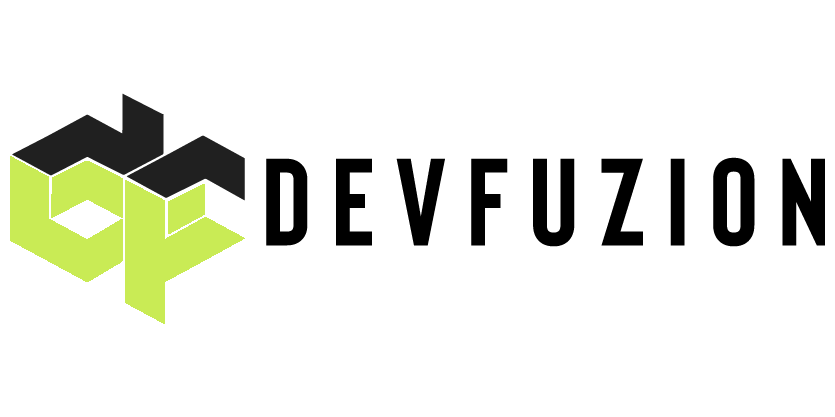In recent years, the healthcare industry has witnessed a concerning trend – an alarming rise in ransomware attacks. These attacks pose a severe threat to patient data security, healthcare services, and even patient safety. In this blog post, we will delve into the growing problem of ransomware attacks on healthcare organizations and provide essential tips on how to prevent such attacks.

The Alarming Surge in Healthcare Ransomware Attacks
Healthcare organizations, from hospitals and clinics to pharmaceutical companies and research institutions, store vast amounts of sensitive patient data. This data includes personal information, medical histories, and, in some cases, critical life-support systems. As a result, they have become prime targets for cybercriminals looking to profit from ransomware attacks.
Ransomware is a type of malicious software that encrypts an organization’s data, making it inaccessible until a ransom is paid to the attackers. Healthcare providers have faced significant challenges dealing with this threat due to the following reasons:
- Critical Infrastructure: Hospitals and healthcare facilities rely on their computer systems for patient care, including medical records and life-saving equipment. When these systems are compromised, patient lives can be at risk.
- High Stakes: Attackers know that healthcare organizations often have no choice but to pay the ransom quickly to regain access to critical patient data, making them lucrative targets.
- Sensitivity of Data: Patient data is among the most sensitive information out there, making it highly valuable on the black market.

Preventing Healthcare Ransomware Attacks
While ransomware attacks on healthcare are on the rise, there are proactive steps organizations can take to reduce their vulnerability:
- Regular Backups: Ensure you have a robust backup system in place. Regularly back up all critical data and verify the backups’ integrity.
- Employee Training: Train your staff to recognize phishing emails and suspicious attachments. Human error is a common entry point for ransomware attacks.
- Patch and Update: Keep all software and systems up-to-date with the latest security patches. Many attacks exploit known vulnerabilities.
- Access Control: Implement strong access controls and restrict access to sensitive data to only those who need it.
- Network Segmentation: Divide your network into segments to limit the lateral movement of malware in case of an attack.
- Cybersecurity Solutions: Consider employing cybersecurity services such as DevFuzion Cyber Security services to proactively monitor your systems, identify vulnerabilities, and respond quickly to threats.
Ransomware attacks on healthcare organizations are a serious threat to patient data and safety. Being proactive in preventing these attacks is crucial. Consider partnering with reliable cybersecurity services like DevFuzion to bolster your defense against ransomware and other cyber threats, ensuring the security and privacy of your patients’ data remains a top priority. Stay vigilant, stay secure, and safeguard the future of healthcare.



